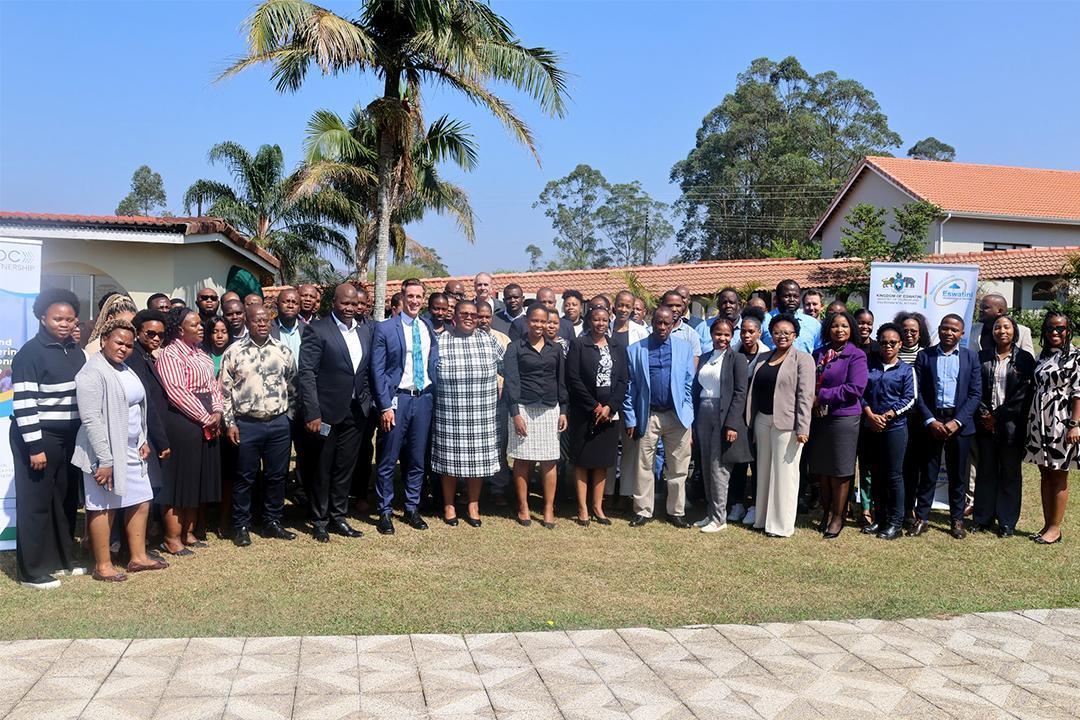Africa-Press – Eswatini. The Kingdom of Eswatini is stepping up its climate action commitments under the Paris Agreement as the country continues to grapple with intensifying climate challenges, including prolonged droughts and extreme weather events that disproportionately affect vulnerable communities.
Building on the outcomes of the Global Stocktake at COP28 in 2023, Eswatini is aligning its new climate roadmap with global goals while addressing local development priorities such as poverty reduction, food security, and resilient infrastructure.
On Monday, September 15, 2025, the Ministry of Tourism and Environmental Affairs convened a national stakeholder consultation and validation workshop to review the draft Nationally Determined Contribution (NDC) 3.0. The session provided a platform for government officials, civil society, private sector players, and development partners to give final input before the document is submitted.
The draft NDC 3.0 outlines both strengthened emission reduction targets and more ambitious adaptation measures across key sectors. Agriculture, water, and health are among the focus areas, given their vulnerability to climate shocks and their centrality to Eswatini’s economy and wellbeing.
The revised plan also underscores inclusivity and transparency, ensuring that the voices of women, youth, and marginalized groups are represented in shaping the country’s climate path. Officials noted that this participatory approach is critical for building national ownership and ensuring effective implementation.
Eswatini’s updated commitments will integrate climate-smart agriculture, sustainable water management, renewable energy promotion, and investments in health systems resilient to climate-related diseases. At the same time, the plan emphasizes co-benefits such as job creation, community empowerment, and technological innovation.
By aligning NDC 3.0 with the Paris Agreement’s long-term objectives, Eswatini is positioning itself not only as a responsible global actor but also as a country committed to protecting its people from the worsening effects of climate change.
Once finalized, the NDC 3.0 will serve as a guiding framework for domestic climate action and as a tool to mobilize international finance and technical support for the country’s adaptation and mitigation priorities.
The Ministry stressed that today’s workshop is a final step in a series of consultations conducted across regions and sectors, ensuring that the updated NDC reflects both national aspirations and international obligations.
For More News And Analysis About Eswatini Follow Africa-Press







